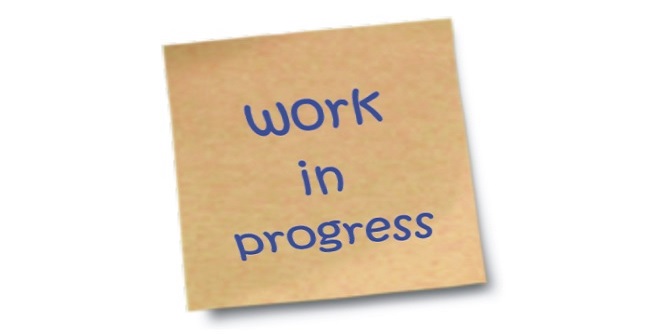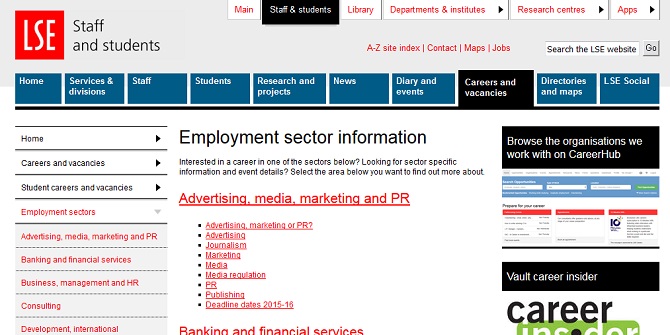Most of us have considered pursuing further studies at some point during undergrad or in our current careers. These can be due to many reasons, including: job market uncertainty, to expand your qualifications and progress in a chosen career path, or to work in academia and fill in gaps in the research for a subject, or simply to shift from your current work or academic career and go into another direction or path.
Any application you make may require some statement of purpose, motivational statement, or personal statement. This blog aims to provide top tips and strategies to complete personal statements tailored to an institution and your chosen course of study.
Breaking down the structure
Read the guidelines provided by your institution regarding personal statements. Chances are that the admissions committee will be evaluating your statement based on a specific structure, especially so if a guideline is provided. Generally, the structure requires you to check off some of these points:
Introduction*: This section is where you introduce yourself, give your salutations, and provide an outline of what the rest of the statement will cover. It is important to state your enthusiasm about the course and motivations right away. It sets the tone for the rest of your statement.
Why this course: This refers to the academic nature of the course. Providing reasons for how and what it can build on your previous academic experience to help you in your long-term plans.
Academic experience: Talk about what you enjoyed from your previous academic experiences and what you already know to add to this masters degree.
Work experience: If there are relevant points in your career experiences that you can apply to the course, tell them about it. However, this isn’t always mandatory, for example if you are applying to a finance course, it is not necessary to have worked in a bank or corporate environment. Think about the practices and transferable skills you developed in the workplace, and how you intend to apply them to the course.
Extra-curricular: Similarly, your extra-curricular activities including clubs and societies you are involved in as well as volunteering etc., also count as experience (if you don’t have any paid work experience).
Why this university: Linked to “why this course”, but more broadly, why the department and the university reputation. Are there alumni or sector connections that motivated you to go to this university?
Career plans: Ultimately, the reason why you’re doing this is that you are situated in one place now and want to move or advance into another role or institution. Thus, how can this masters programme become a platform for your future career?
Summary*: Synthesise all the information you just wrote and provide a clear connection between your values, experiences, and their relevance to the course. More specifically, how the amalgamation of your life experiences thus far makes you suitable for the programme or motivates you to enter the specific sector.
*do not waste too much time on these sections, sometimes it is easier to write these sections once you write the rest of your statement.
Example paragraph: Who, What, Why
What draws me to this course is its statistical approach to financial analysis. During my undergraduate degree, I’ve developed strong foundations in this, choosing modules like Financial Risk (FT332) and Econometrics (EC931), as well as a project where I undertook an OLS regression analysis of the predicted value of real estate in Wales after the UK’s exit from the EU. In this experience, I was able to learn about modelling stochastic time-series and being able to study this further in module ST444 in the MSc would enable me to develop in-depth statistical knowledge I can take forward and apply in the future, as I aim to work as a risk analyst in energy trading. Whilst this is an industry I’ve already gained practical insights into working as a data intern for a clean energy start up – producing reports on key investment trends by national government – being able to write a dissertation relating to the industry and build on this understanding using the advanced quantitative techniques (such as the variants on the Black-Scholes model taught in ST270) is a key motivation for me to undertake this master’s programme.
Source: LSE Careers event
Advice from the admissions team
1) Your statement should explain your motivation for undertaking the programme(s). These include:
- Stating the origin of your interest in this subject/area. Is there a specific undergraduate module or dissertation/project or experience?
- Why have you chosen your particular programme(s)? Are you attracted to the programme’s particular approach, specific modules on the programme?
2) Your statement should describe your academic interests, strengths and background relevant to the programme(s). These include:
- Specific undergraduate modules or dissertation/project work
- Broader academic skills developed in the context of undergraduate study
- Academically relevant extra-curricular activities
- What academic contribution can you make to the cohort?
If you need any support for your personal statement, it is worthwhile to speak with our career consultants here at LSE Careers. Book in to speak to one of us on CareerHub.





